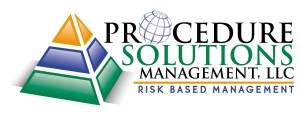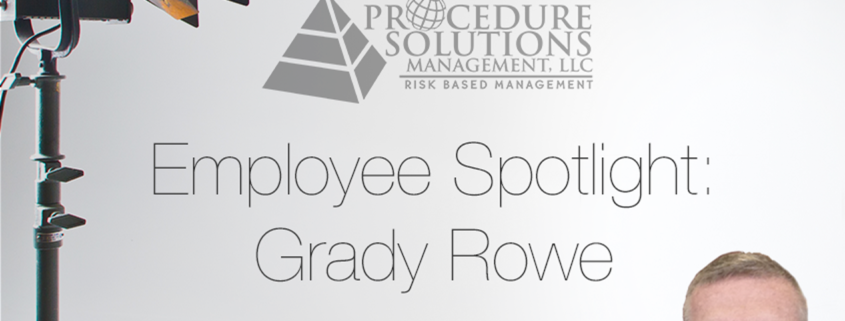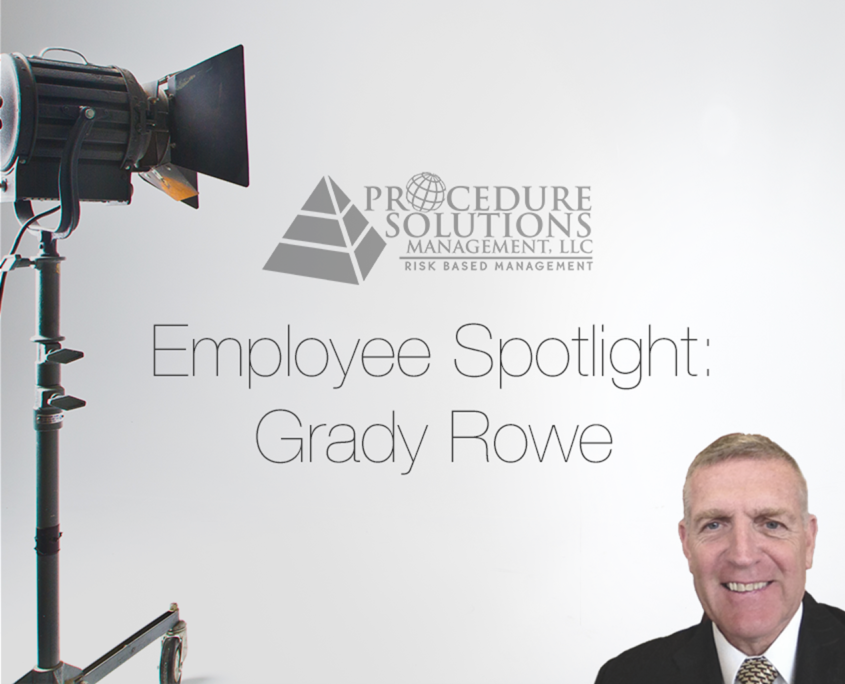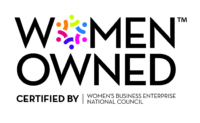Employee Spotlight – Ken Hicks
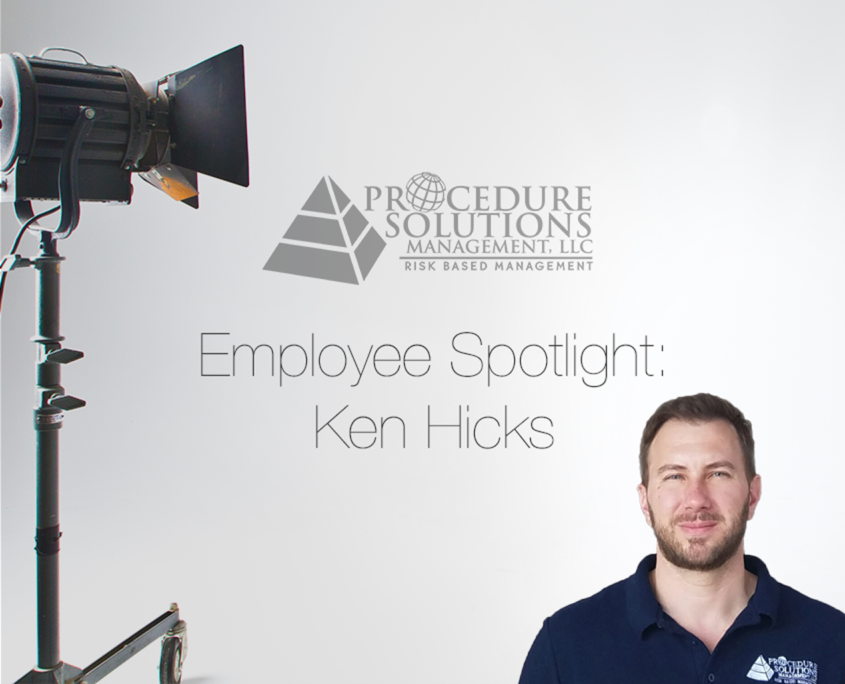
In this installment of our “Employee Spotlight”, we spoke with Ken Hicks, a contract employee who is currently working as a Maintenance Procedure Writer, supporting one of our clients on-site in South Carolina.
At PSM, we value people. As staffing consultants, we interact with people all day, every day. And whether it’s with a client, candidate, or contract employee, we value each interaction. So much of our website is dedicated to promoting our services, that we thought it only fitting to showcase our most important resource, our people!
In this installment of our “Employee Spotlight”, we spoke with Ken Hicks, a contract employee who is currently working as a Maintenance Procedure Writer, supporting one of our major clients on-site in South Carolina. Our contract employees are especially important to us and we are honored to have the opportunity to work with such talented individuals. Ken has been working for PSM since 2010, so it was great to have the opportunity to connect with him regarding his experience…
First up – can you tell us a little bit about your professional background?
Currently I’m a maintenance procedure writer supporting a nuclear power station. When I finished Tech school in 1999, I moved to Maryland from Pennsylvania for a job as an industrial electrician. I performed duties in manufacturing, water treatment, construction, and power generation. I did a lot of side work and I quickly realized that was not for me. I started contract work in 2007 supporting numerous Instrumentation and Control shops across the USA and it’s been great. From reading books, listening to podcasts, or attending a Dale Carnegie course I never stop trying to learn.
What drew you to PSM originally?
PSM felt like the old mom and pop companies that have more flexibility than a larger company.
Before working at PSM, what was the most unusual or interesting job you’ve ever had?
You experience so much in an industrial environment nothing surprises me. I got a call for a month long assignment in Sweden. When I arrived I was told it was 3+ months.
What are 3 words to describe PSM?
Family, Fun, Effective
What is the favorite part about working for PSM?
Being a smaller company I can get answers quickly. I can ask about time off, 401k or medical insurance and I get answers.
What can you tell us about your life outside of the work?
I’m a Christian and an outdoors guy. I’m all about hunting, fishing, backpacking, mountain biking, Harley, working-out and landscape photography. I stay very busy.
What do you enjoy about working on a contract-basis?
Money is definitely better and I have more flexibility with my life.
What advice would you give to someone just getting started in a new career?
Find a way to like everything and everyone and have fun. Take time to know what’s going on. Read condition reports or something related to your industry or position every day. Also, find a mentor, someone that will push you but you have to be willing to learn. This might take a while but once someone sees that you are courteous, willing to learn, and want to be productive, they are more likely to help you.
If you could go anywhere in the world, where would you find yourself?
Fishing in Potter County PA.
In the past five years, what’s the most important thing you have learned?
Don’t put emotions into a hypothetical situation
Last, but not least here are some FAST FUN FACTS about Ken:
- Favorite Vacation Spot: Anywhere in the great outdoors
- Favorite Movie(s): I’m not much of a movie or TV guy. Anything dealing with history I’ll watch.
- Favorite Food: Steak
- Favorite Sport(s): Motocross
For more information on the benefits of contract employment, subscribe to our blog using the link to the right of this post. Or, visit Employment Opportunities page for a list of our current job openings.
